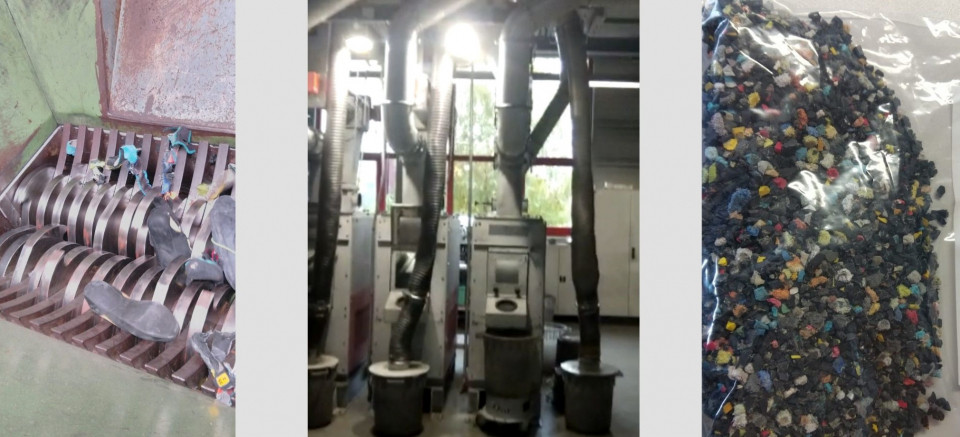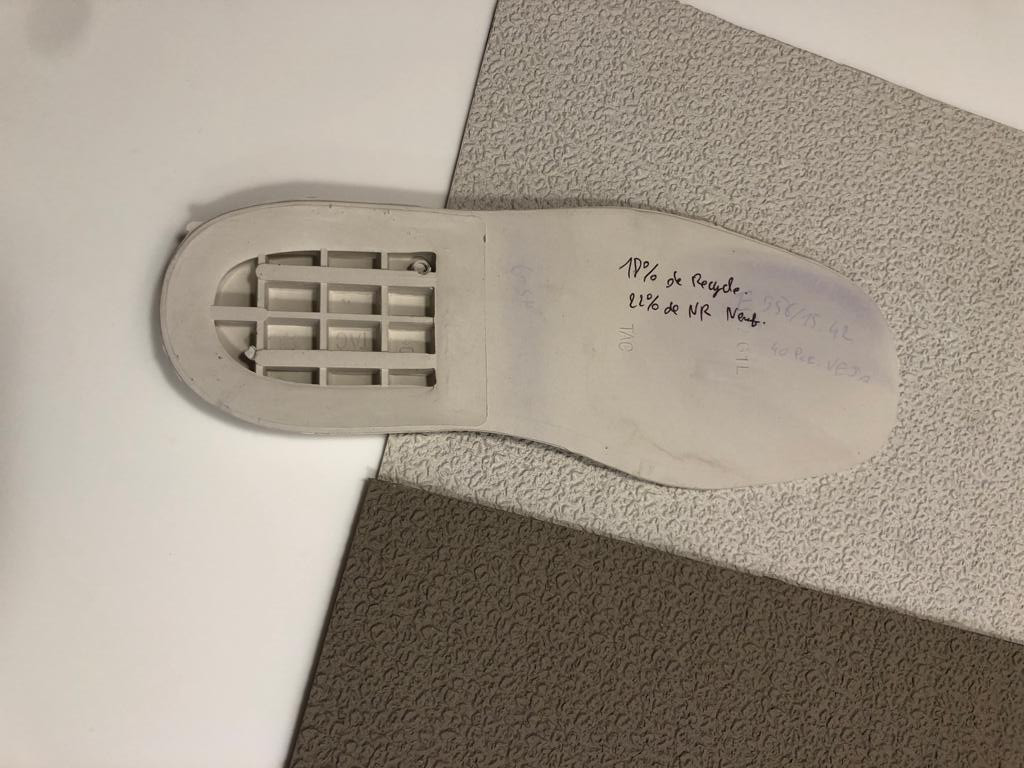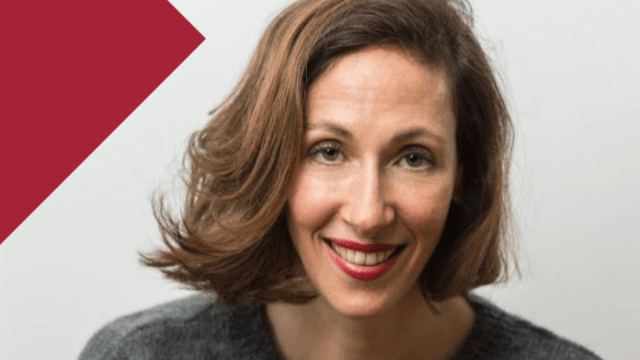Marie Soudré-Richard (EDHEC Master 1997), co-founder of green tech firm Revival
EDHEC graduate Marie Soudré-Richard won the 2022 Most impactful woman award and is the co-founder of green tech firm Revival. Based in northern France, Revival specializes in the recycling of plastic and rubber found in consumer goods that are either used or cannot be sold.
Reading time: 4 mins
You spoke to 2nd-year Masters students at EDHEC at the beginning of the academic year. What messages did you want to convey to them?
I wanted to tell them that what counts in entrepreneurship is the small-step policy. You need to have a very clear ambition and vision, and know exactly where you’re headed. Ambitions should be measured based on both qualitative and quantitative indicators. It’s important not to wait too long before getting started and getting your hands dirty. You learn as you go along. It’s essential to check whether your project meets a need, whether it is useful, generates value and makes an impact.
Tell us about Revival.
Revival recycles plastic and rubber found in consumer goods. We started out with shoes, because they’re the most complex item. The sole of a shoe contains a blend of plastics, and the upper can contain up to 70 different materials. Our job is to recover worn shoes, especially those at the end of their life cycle, because they can’t be reused and are either going to be buried, incinerated or re-exported to be thrown in an open-air dump. That represents 1.5 million tonnes each year in Europe. We work with around 20 retailers and brands including Go Sport, Decathlon, Aigle and others. We recover pairs of shoes that customers bring back. Then begins a whole process to separate out the various materials like rubber, EVA and TPU, which can include 7 different procedures, both mechanical and technical. There are also regeneration procedures: for example, rubber is devulcanized, which restores it to its original state so it can be reused. We then incorporate it into another material accounting for up to 70%. This procedure can be used to make a new sole, composite, or boots by Aigle, etc. This is where our impact is greatest, because we keep a material that is transformed “into gold” and substituted for a new material. We also support our business partners, as most of them have never worked with recycled materials. They’ve never worked with heterogeneous layers, so they have to do compounding. We have an R&D centre in Douai where we can conduct laboratory tests. We have a factory to carry out pre-industrial tests so we can be in a position to help them with the compounding process. We study many different products. It is also essential to measure the impact we have. Recycling has two impacts: the first is negative as it takes CO2 to mix and regenerate the materials; and the second is positive as it replaces new materials with recycled ones. The result must be positive when the first is subtracted from the second. That calculation isn’t always done; I’m thinking in particular of tyres or gym mats. Sometimes it’s worse than incineration. It’s not greenwashing either, it’s just a misunderstanding of how to measure one’s impact.
We also use this kind of measurement to make economic decisions based on the potential of the material and its impact, which – and this is key – must remain positive. Our model is atypical, disruptive.

How did you come up with the idea to set up this green tech company in the Lille metropolitan area?
We identified the need and wanted to address it! All of our associates are from the region, and we want our business to contribute to the re-industrialisation of northern France. We have received a lot of encouragement and subsidies. Politicians are willing to listen, which gives us real strength locally. We are also in discussions with the Ministry of Ecological Transition and the European Commission. It is by leading regional and even very local initiatives that we will be able to move things forward.
Is the law forcing companies to act?
Yes, regulatory pressure is also speeding up the ecological transition. France’s Agec legislation (anti-waste for a circular economy) is already in place, making it illegal for brands to destroy unsold products. That compels businesses to think about the end of their products’ life cycle before they put them on the market. It has also introduced an obligation, as in the case of packaging, to use recycled materials in production, whether in textiles, shoes, sports & leisure equipment, etc.
Revival has a head start in this area because we engage in R&D. But things are going to move very quickly. The legislation is set to gather pace.
What triggered your desire to set up a company?
I’ve been an entrepreneur since 2006. This is my 4th company. I previously set up a business with one of my current associates at Revival. We founded Collectif Paris together with Hélène Guerret. We were interested in the digital transformation and at the same time putting in place production methods with a focus on CSR.
What advice would you have for students interested in setting up their own business?
Since I gave that talk, a lot of students have been contacting me. Our concept seems to appeal to them. My advice is very pragmatic! I would say they should apply agile methods and service design. We need to move on from BCG-type methods of analysis. Service design and prototyping need to move very quickly. Run tests on clients and then iterate. You need to be frugal, use affordable digital tools to run modelling and then follow the indicators. If you’re developing applications, you’re better off going with no code for testing, which costs nothing, otherwise you end up with debts before you even launch a product. You also need to be able to go without remuneration for a certain period. And finally, don’t be afraid of risk, of disrupting economic models, rather than just optimising them.
Where is the EDHEC Alumni network positioned on the ecological transition?
The School’s alumni who are in business have incredibly ambitious CSR objectives to attain. The vast majority of entrepreneurs from EDHEC are mindful of the notion of impact. We recently celebrated our 25-year class reunion, and everyone was saying it was something they are keenly aware of.
Alumni from EDHEC also have good knowledge of changes in management methods. Before he was hired, my industrial director said: “Its 4 days or nothing!” We accepted his demand. You can’t operate as a business advocating positive impact and well-being and at the same time turn down that type of demand. We adapted. Our staff need a sense of meaning and transparency.


Comments0
Please log in to see or add a comment
Suggested Articles



